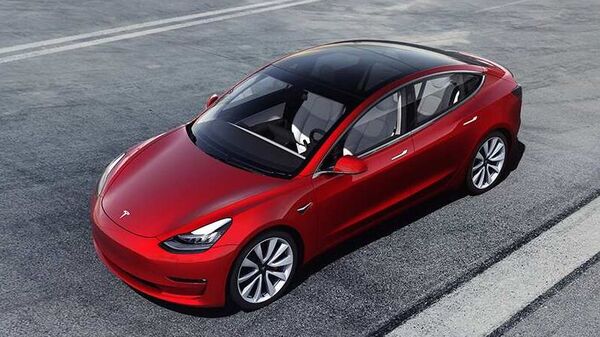Tesla is going to recall nearly 1.1 million US vehicles as there is a risk of injury in the window automatic reversal system. According to the National Highway Traffic Safety Administration (NHTSA), the automaker would provide an over-the-air update. The recall includes various models, from 2017-2022 Model 3 and 2020-2021 Model Y. Also, the Model S and Model X vehicles from 2021-2022 are also going to be recalled.

Tesla said that it was not aware of any warranty claims, field reports, crashes, injuries, or deaths related to the recall. NHTSA said a closing window without the proper automatic reversing system may exert excessive force by pinching a driver or passenger before retracting, increasing the risk of injury. NHTSA said the vehicles failed to comply with the requirements of a federal motor vehicle safety standard on power windows.
Tesla said that during product testing in August employees identified window automatic reversal system performance that had “greater than expected variations in response to pinch detection.” After extensive additional testing, Tesla determined that the vehicles’ pinch detection and retraction performance in the test results did not meet automatic reversal systems requirements. Tesla said that starting Sept. 13, vehicles in production and in pre-delivery received a software update that sets power-operated window operation to the requirements.
Software update
In the present recalls, most of them have been over-the-air updates. Rather than giving the term recall, it could also be considered as an update. Elon Musk stated, “The terminology is outdated & inaccurate. This is a tiny over-the-air software update. To the best of our knowledge, there have been no injuries.”
The software update “enhances the calibration of the vehicle’s automatic window reversal system behavior,” Tesla said. Furthermore, Tesla said that during product testing in August, its employees identified window automatic reversal system performance to be up to the mark. It was greater than expected variations in response to pinch detection. The carmaker then carried out extensive additional testing and determined that the vehicle’s pinch detection and retraction performance in the test result did not meet automatic reversal systems requirements.
In a separate development, Tesla has successfully completed the degradation of the production lines at its shanghai factory and now will be testing them until November 30 as its doubles the plant’s annual output to one million vehicles. As per a document filed to the Shanghai government’s environmental information disclosures platform, this upgrade took about nine months. Tesla vehicles in production and in pre-delivery received software updates, starting from September 13.











